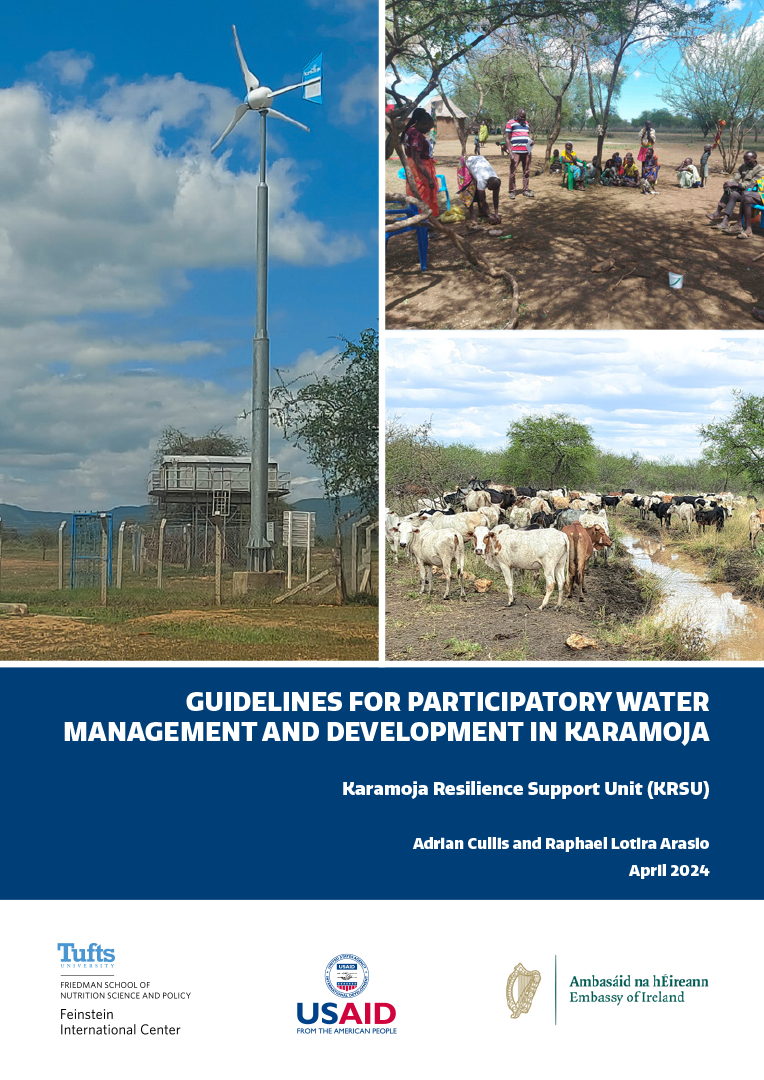Climate change, conflict, and policies are straining the livelihoods and adaptive capacity of pastoralists. Recurrent shocks contribute to increased food insecurity and famine in pastoral areas.
This desk study aims to bridge pastoralist knowledge, local practices, and external interventions by synthesizing literature on pastoral knowledge and practices from the Greater Horn of Africa, Sudano-Sahel regions, and beyond.
It explores how pastoralists manage climate, conflict, and other stresses through indigenous early warning systems, preventive actions, local emergency responses, and customary safety nets. By centering pastoralist knowledge in daily activities, the study promotes better understanding and identifies more effective interventions by humanitarian actors.
This desk study is part of a three-year project on pastoral areas of the Sudano-Sahel and the Greater Horn of Africa. The project focuses on how early warning systems and humanitarian responses in pastoral areas can be more aligned to the realities and local needs of communities, thereby improving the lives and livelihoods of pastoralists.







